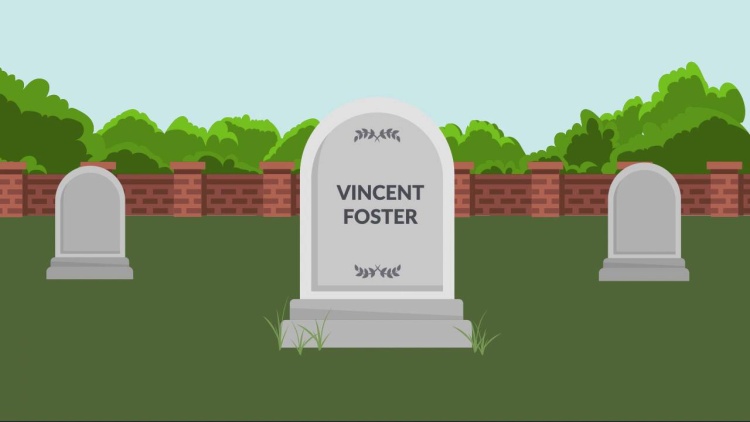Swidler & Berlin v. United States
United States Supreme Court
524 U.S. 399, 118 S.Ct. 2081, 141 L.Ed.2d 379 (1998)
- Written by Peggy Chen, JD
Facts
In 1993, the Office of Independent Counsel began an investigation into whether there were any improprieties in the firing of several White House travel employees. Vincent Foster, deputy White House counsel, met with James Hamilton, an attorney with Swidler & Berlin (defendant), to seek legal advice with regard to the investigation. Hamilton took three pages of notes at their meeting. One of the first entries in the notes is the word “Privileged”. Nine days after the meeting, Foster committed suicide. A federal grand jury then issued subpoenas to Swidler & Berlin for, inter alia, Hamilton’s notes. Swidler & Berlin filed a motion to quash on the grounds that the notes were protected by the attorney-client privilege. The district court denied enforcement of the subpoenas. The Court of Appeals for the District of Columbia Circuit reversed. It found that there is a posthumous exception to the privilege for attorney-client communications of which the relative importance to criminal litigation is substantial. Swidler & Berlin petitioned for certiorari to the Supreme Court.
Rule of Law
Issue
Holding and Reasoning (Rehnquist, J.)
Dissent (O’Connor, J.)
What to do next…
Here's why 907,000 law students have relied on our case briefs:
- Written by law professors and practitioners, not other law students. 47,100 briefs, keyed to 996 casebooks. Top-notch customer support.
- The right amount of information, includes the facts, issues, rule of law, holding and reasoning, and any concurrences and dissents.
- Access in your classes, works on your mobile and tablet. Massive library of related video lessons and high quality multiple-choice questions.
- Easy to use, uniform format for every case brief. Written in plain English, not in legalese. Our briefs summarize and simplify; they don’t just repeat the court’s language.







